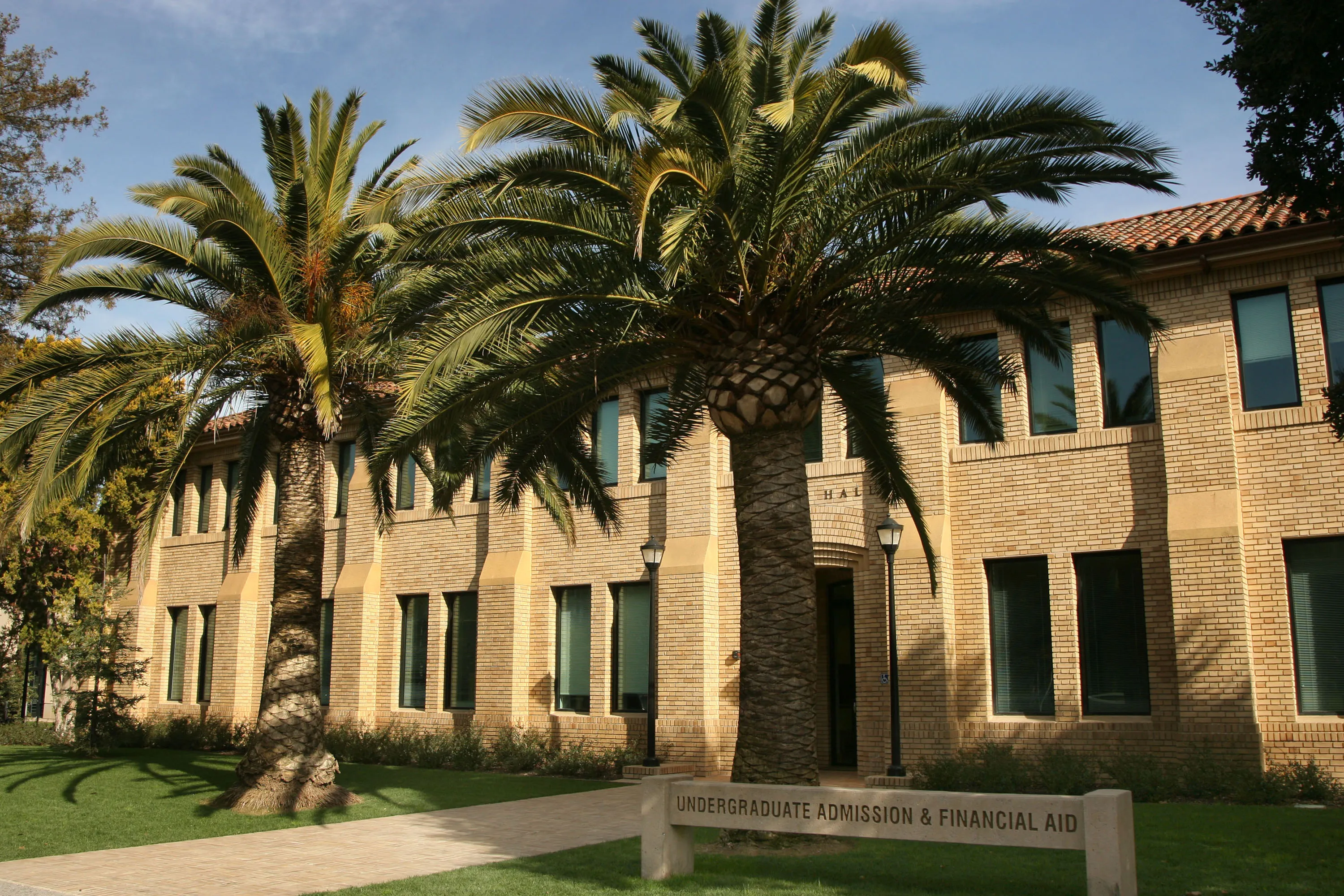
Since the beginning of summer, I have intended to write an article on what I call the Stanford Perception Syndrome: an effect I’ve observed that occurs when people treat Stanford students/alumni according to a preconceived notion of them. Sometimes–thankfully, usually–this has positive consequences, like assuming a level of capability or know-how. But sometimes it feels challenging, almost hostile, and sometimes–not to go all Gretchen Wieners-levels of “Sorry I’m popular” and fall into a crowd of un-extended arms–it feels bitter. This previously planned article would have been aptly timed and relevant, given recent experiences as an intern, in the workforce and the rest. But instead of writing an article about other people and how they treat me (us), I’ve decided instead to write about me (us), and how we got this way.
They might call the flip side of the Stanford Perception Syndrome the Stanford Duck Syndrome–when you’re freaking out below the surface but calm as Bugs Bunny up top. That’s one half of it. From any NSO meeting you’ll surely find professors, deans and parents assuring the newly official Stanford students that they’ve got something great, that it wasn’t an admissions mistake and that they’re one of the lucky ones. Hurrah!
Funny, isn’t it, how NSO is all reassurance that each student deserves to be there, but Admit Weekend is all about being so proud and so confident for getting in? So what changed between the sales pitch and handing over the keys? Why the switch from “You’re the best, we’re the best, Stanford’s the best!” to “Don’t worry, Little Lotte, and don’t rustle those feathers”?
It makes sense, at least to me, a delicate fuzzy scorned by parents and belittled by engineers, that we Stanford students ride a wave of highs and lows, elated at our admission then bashed to humility by the accomplishments of our peers, and made guilty by those who fall by the wayside.
A few weeks ago I misguidedly read an article on the Washington Post Social Reader whose title, “Why getting into Harvard is no longer an honor,” seemed sure to stoke the cross-coast rivalry that broils within me. Nope. Instead, education columnist Jay Mathews introduced and published an anonymous letter complaining about the college admissions process. Aside from unjustified conclusions about admissions criteria and assumptions about accepted students, the article suffered from a lack of meaningful argument or any analysis that could hold across the higher education spectrum. As I finished this frustrating missive, I scanned the comments hoping to find a word from a fellow Stanford student (I did; it was good). Not just any school or even an Ivy League, but a Stanfordian–it’s as if only we understand.
We as Stanford students have to constantly navigate this space between defending ourselves against those who challenge what our admission means and believing in ourselves enough to survive the stresses of our institution’s/parents’/own expectations, all while managing to maintain some modicum of humility. Surely some people picture us standing around in rugby shirts laughing at the 93 percent of rejected students while sloshing whiskey around in a racket club. Our Stanford admission is a tricky beast.
We aren’t allowed to feel like we deserve it. No more than anyone else, anyway. Maybe we worked for it, earned it, achieved it, but we don’t deserve it. So what do we do with an admission we have to rise up to but can’t champion?
I propose, without dipping too deep into sentimentalism, that we shouldn’t treat our admission like a thing. Our admission isn’t a validation of our intelligence or initiation into some boys’ club of elites. It’s not a talisman of achievement; we do not hang it on a wall to tell the world of our adequacy–maybe we display a diploma, but even such flimsy totems as a diploma mean little when propped up against the possibility our admission provides.
We should treat our admission as a chance, a challenge to prove ourselves. Because we as Stanford students are constantly tested, constantly asked to prove why we deserve our diploma, if not our admission, and we must excel beyond getting in by making something out of the education we got when we made it through Montag Hall.
